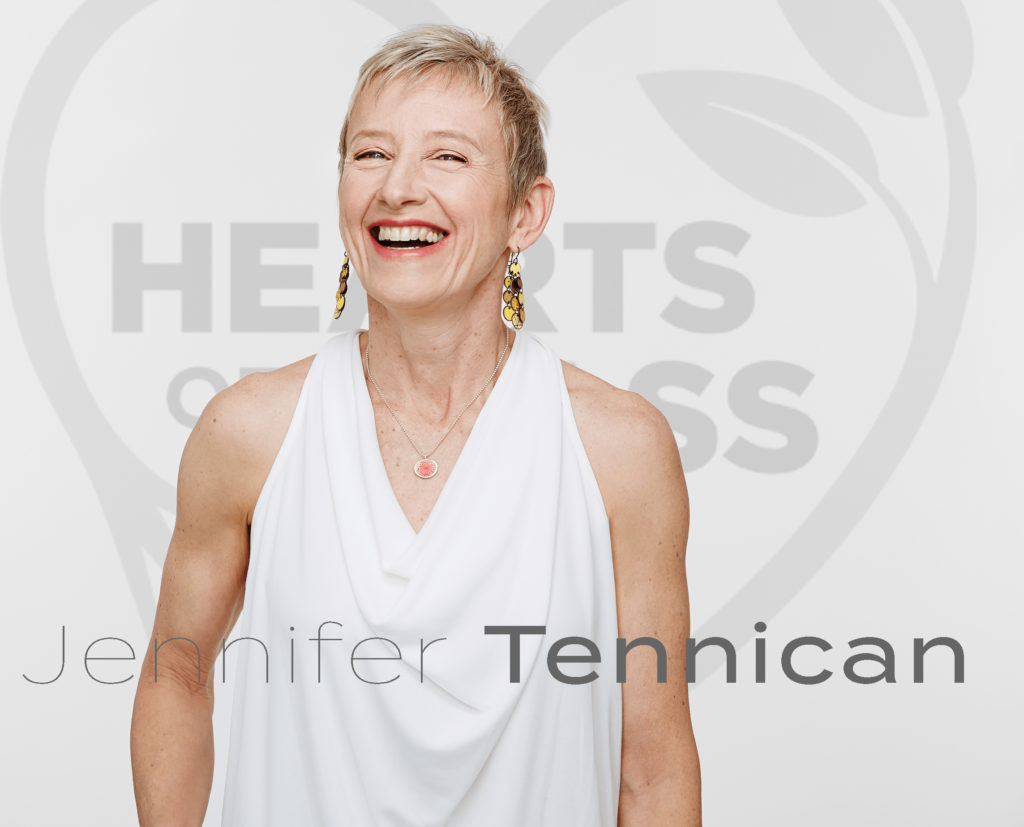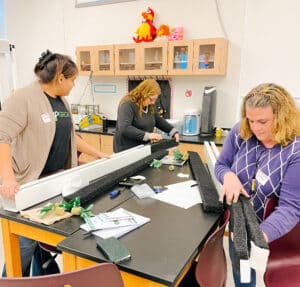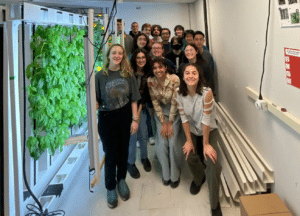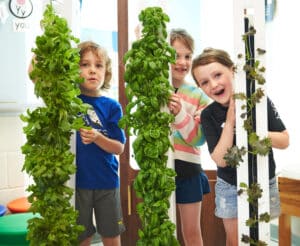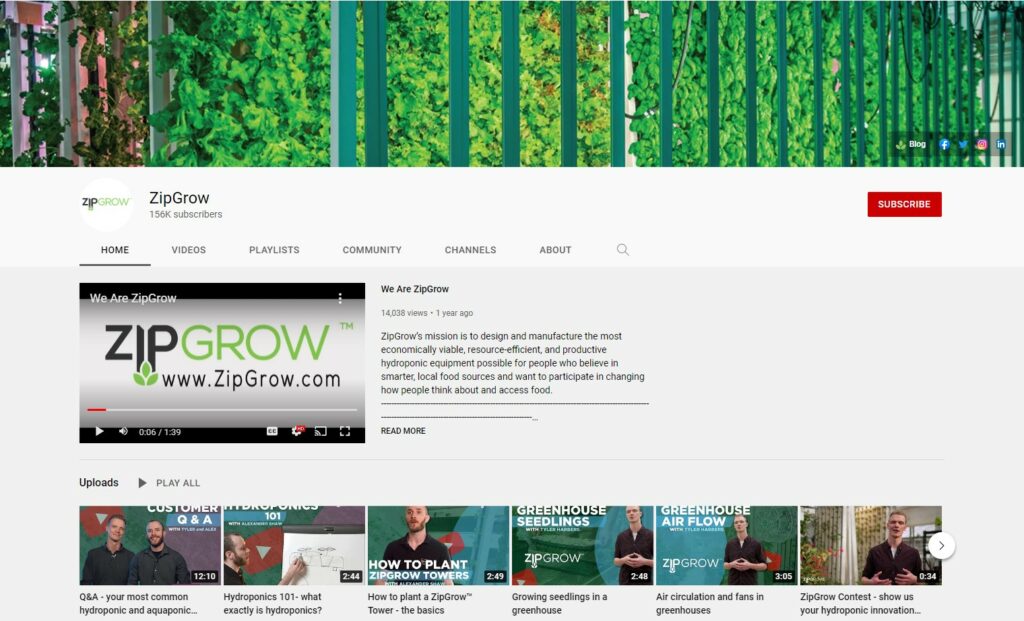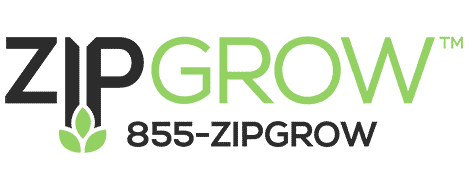About Jennifer And Hearts Of Glass
If you’ve been following ZipGrow for the last few months you’ll know that we’ve been highlighting a unique story found in the heart of small-town-community Jackson Hole, Wyoming. Vertical Harvest is the “for-profit enterprise with a nonprofit soul” whose narrative we find deeply impactful. The story has also caught the attention of a Jackson Hole-based filmmaker, Jennifer Tennican, whose artistic pen underlines their story through her film Hearts of Glass where she follows the tumultuous first 15 months of Vertical Harvest’s operation.
We were excited to learn of Jennifer’s film and when we were presented with the opportunity to sponsor a film tour in Wyoming we immediately took it. Since then, we’ve had the good fortune of learning more about Vertical Harvest, Jennifer, and the unique story about innovation, inclusion, and local food that has been unfolding right out our backdoor (of our Wyoming team).
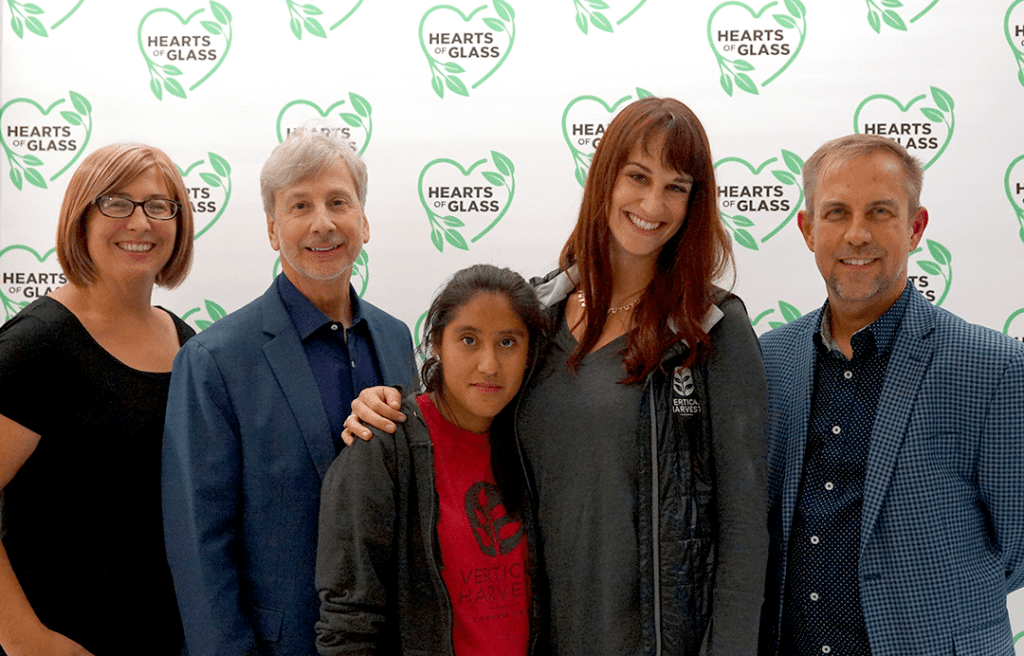
As we’ve gotten to work with and know Jennifer better we’ve realized the unique perspective she brings to the world of local, sustainable food. Below is the Q&A we recently conducted with her where she shares her experience working on the film and with the team at Vertical Harvest.
Jennifer’s insights into what it means to make a meaningful impact through local food is nothing short of inspiring—we think you will too.
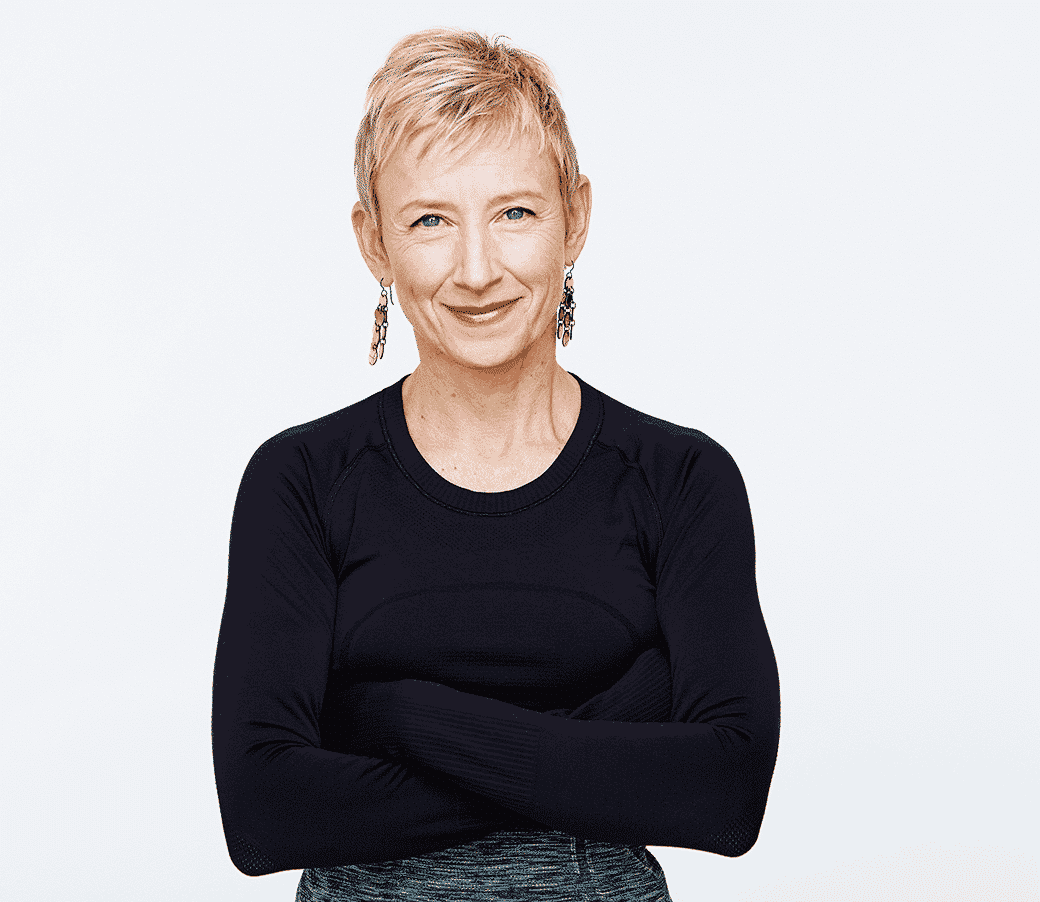
Q&A With Jennifer
How did you first hear of Vertical Harvest?
Jackson is a relatively small town, so I knew the women behind Vertical Harvest before they started the project. Timing-wise, my work on various documentaries overlapped with their work bringing the greenhouse from concept to fruition. We often spoke about the challenges of fundraising and finding allies to move our respective projects forward. It took them about eight years for their efforts to bear fruit. What made you want to create this film? / What makes Vertical Harvest special, so much so that you wanted to make a film about it?
Hearts of Glass represents a once-in-a-lifetime opportunity to share a story of possibilities unfolding in my own backyard. The journey of this unique and ambitious agricultural startup and the people involved with it shows that innovation and inclusion can go hand-in-hand, benefiting citizens with disabilities and the community at large. I wanted to share a big inspirational concept coming from my small town in rural Wyoming. VH is a “for-profit with a nonprofit soul,” according to co-founder and architect Nona Yehia. The business fulfills two critical community needs: year-round produce for a mountain town with a four-month growing season and meaningful employment for people with disabilities. In my opinion, the things that make VH a one-of-a-kind are:
- A purpose-built building
- Small footprint
- Altitude and latitude of Jackson, WY
- Level of technology (horizontally and vertically rotating carousels)
- The public-private partnership with the Town of Jackson
- Employment model
- Community impact
As you know most vertical farms are retrofit into existing structures, typically they have a much larger footprint than VH and most farms typically grow one crop to maximize production and profit.
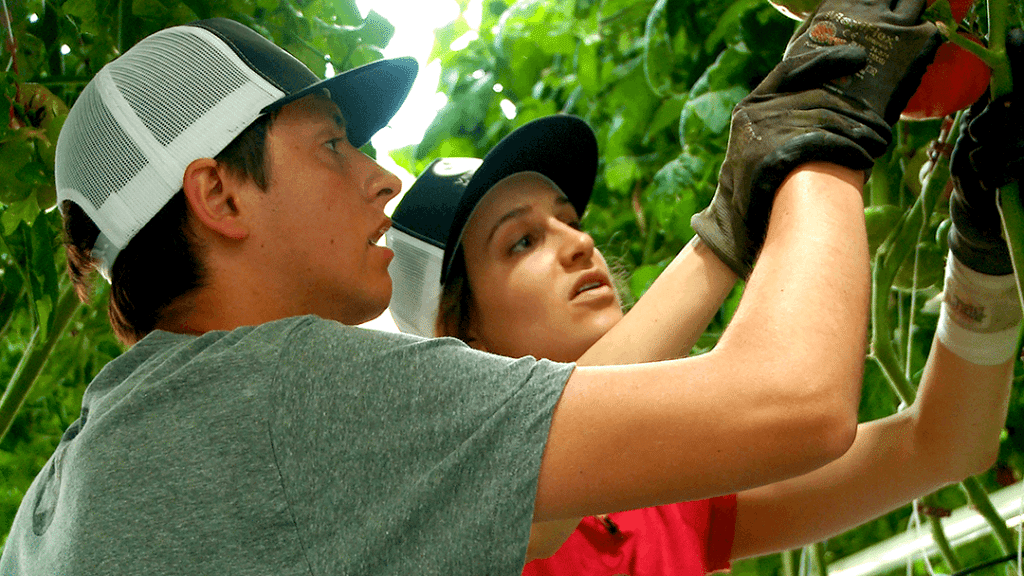
What did you know of indoor farming prior to your time with Vertical Harvest?
Zilch. My indoor farming education began with my work on the film. I actually loved covering the Dutch consultant who’s based in California. He appears about half-way through the film when VH hires him as a greenhouse consultant. I began to get a sense of the challenges (e.g., the nutrient mix, pest management, crop selection, etc.).Have your perceptions of indoor farming changed since you started filming and if so how?
I didn’t really have perceptions to change since I was unaware of indoor farming prior to my work on “Hearts of Glass.” I now have a rudimentary understanding of hydroponic systems and the challenges and benefits of indoor farming. There is something amazing about seeing luscious cherry tomatoes and vibrant greens being produced in the middle of winter in Jackson Hole.
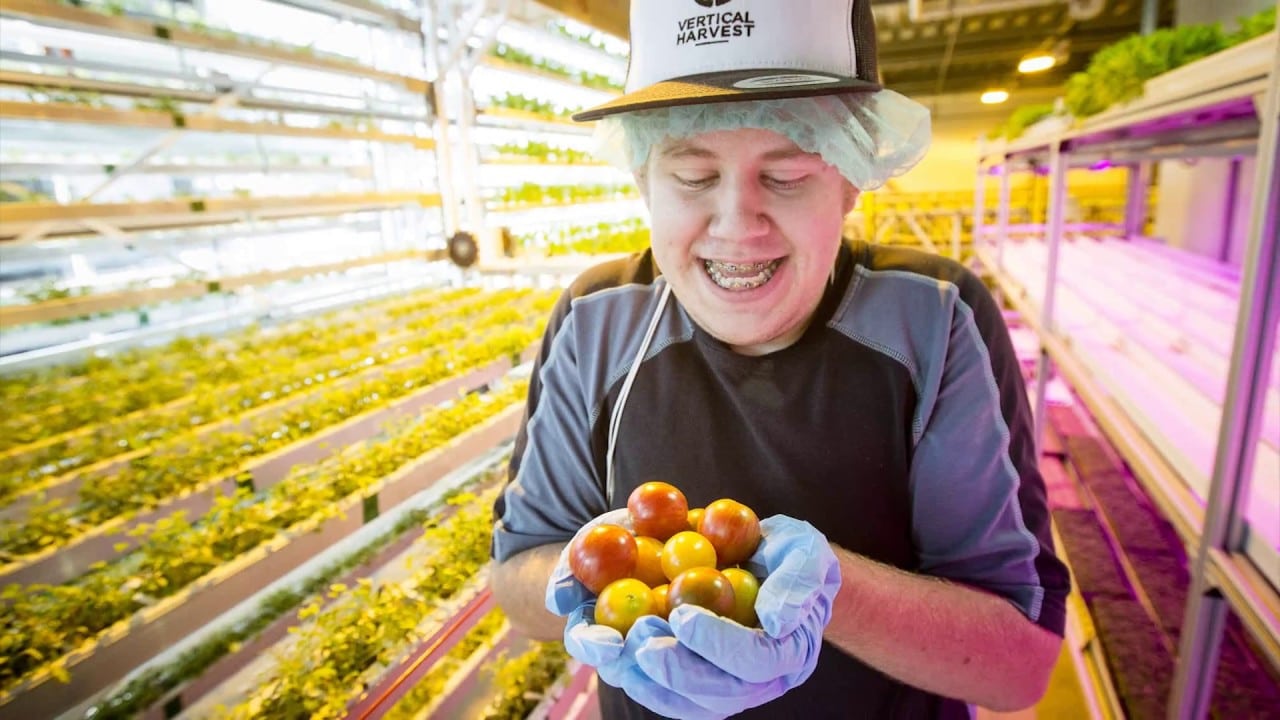
What role does the farm play in the grand scheme of what you find important about Vertical Harvest?
There are two “hearts” in our story—the greenhouse and the people working in the greenhouse. The indoor farm plays a critical role in why this story is unique and impactful. It is a symbol of outside-the-box (ha, that’s funny, since it’s a glass box) thinking. I think the beauty of Vertical Harvest is how it developed out of a community need for year-round produce. Given the high price of land in our community, the public-private partnership that made use of a town-owned remnant strip of land made sense. The carousel technology made efficient use of the available space. Incorporating an employment model with the goal of good jobs for an underemployed segment of the population multiplies the community impact. It’s the combination of all of these things, including VH’s culture of inclusion and empowerment, that makes the whole thing important.
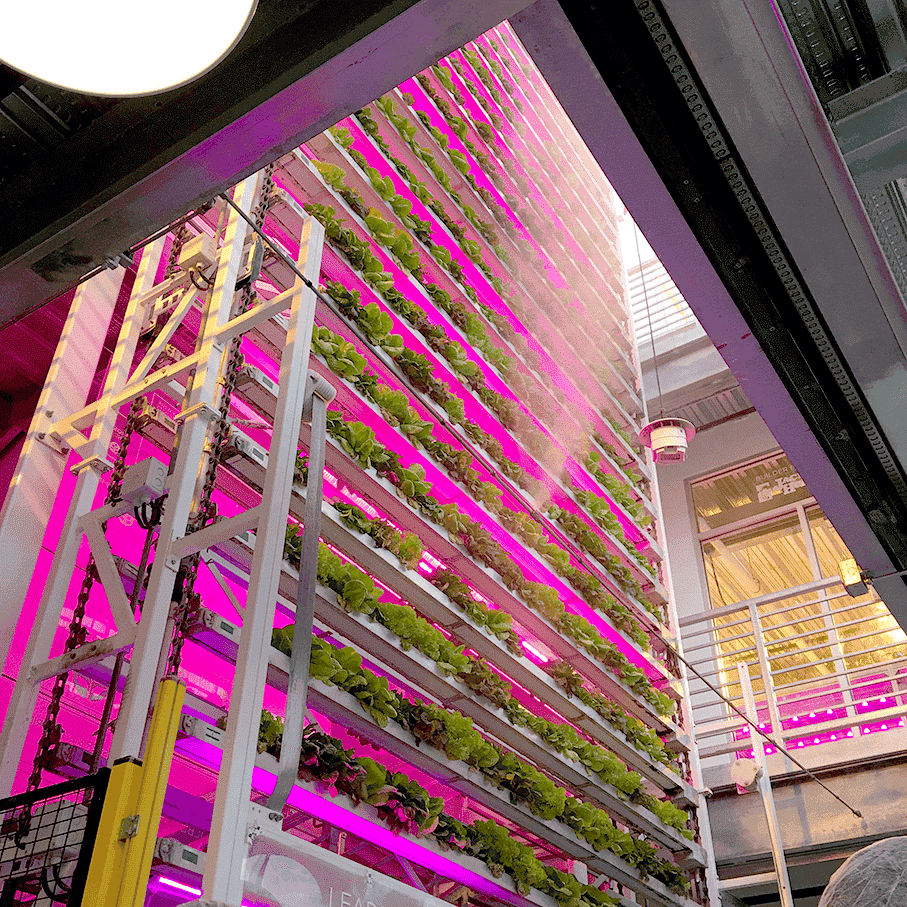
What do you want people to get out of watching Hearts of Glass?
The challenge and opportunity with “Hearts of Glass” is the complexity of its topics – disability advocacy, social entrepreneurship, indoor farming, and sustainable local food production. I have come to believe that these thematic intersections are an opportunity to create new communities and connections. I feel we’ve been successful when our audiences are swept up by “Hearts of Glass.” The film challenges preconceptions about how food can be grown, where and when it can be grown, and who can grow it. I want viewers to be inspired by how one Wyoming community is dealing with pressing social and environmental issues. I hope “Hearts of Glass” will inspire other innovative projects across the country and around the world.What’s next for you and the “Hearts of Glass?” (shameless plug time)
We’ve had an amazing film festival run and we’re beginning to transition to special event screenings. You know that because [ZipGrow] helped sponsor our Wyoming Tour! Thanks for helping make it a success. Over the rest of 2019 and into 2020, the film will be the centerpiece of a national grassroots screening campaign engaging and inspiring viewers with diverse and timely interests ranging from sustainable local food production and social entrepreneurship to innovation and inclusion. In 2020, “Hearts of Glass” will also reach a broad audience through national PBS broadcast and global online video-on-demand platforms. We’re prioritizing partnerships with aligned for and nonprofits for maximum impact. Reach out to me at [email protected] to connect. If you’d like to bring “Hearts of Glass” to your community visit the Hearts of Glass website.
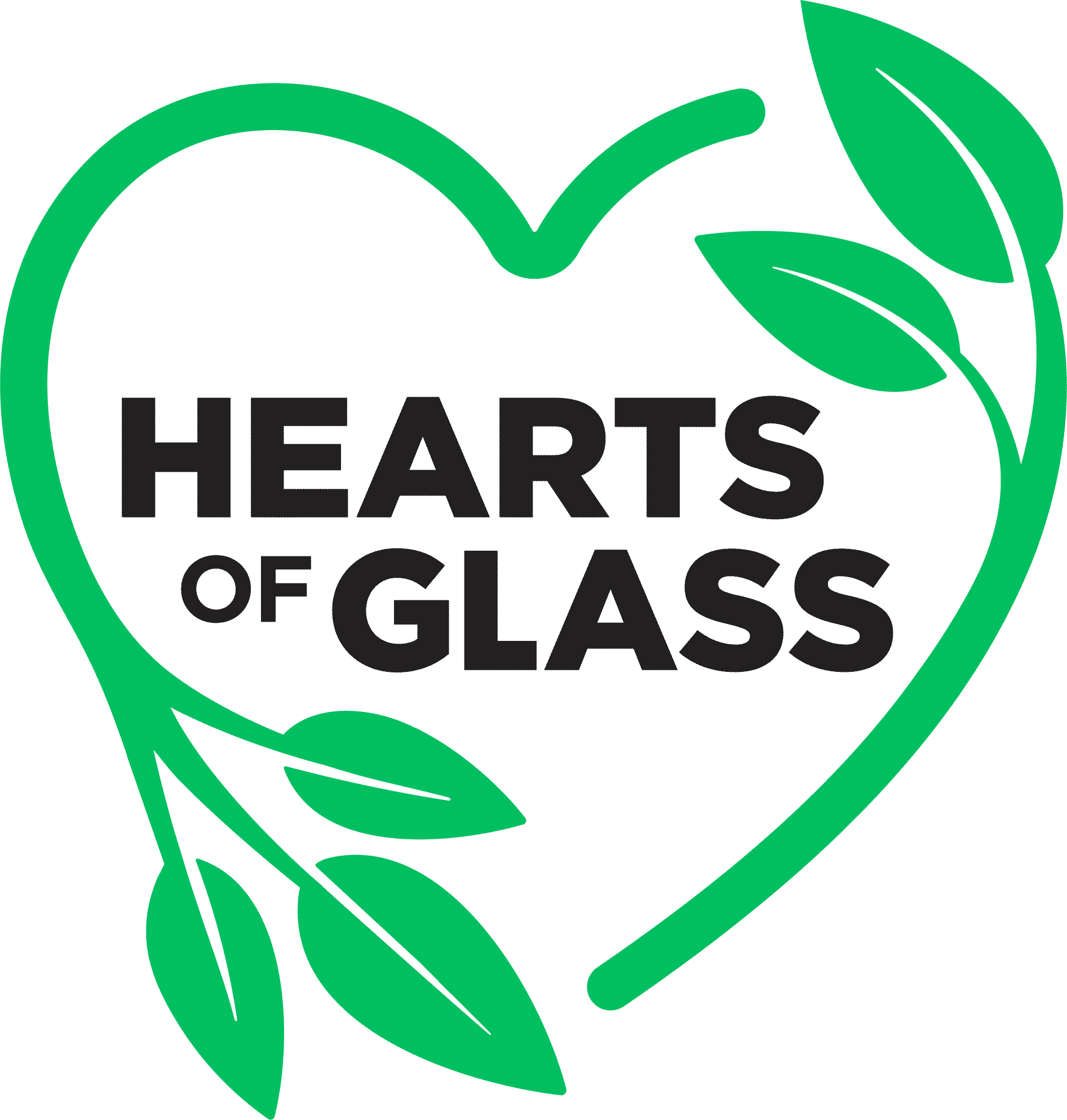
Follow Hearts of Glass on social media:
Facebook & Instagram: @HeartsOfGlassFilm
Twitter: @HeartsGlassFilm
Photos Courtesy Of:
